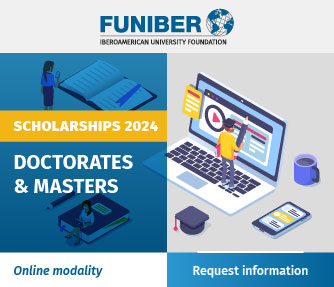MLS Sport Research
ISSN: 2792-7156
The MLS Sport Research (MLSSR) journal was created as a biannual publication with the aim of publishing original research and review articles in basic, applied, and methodological areas, contributing to the progress of any field from the Physical Activity and Sport Sciences. The articles included in this journal are published in Spanish, Portuguese, and English.
Published studies must comply with the different phases of research with methodological rigor. The MLS Sport Research will address different areas within physical activity and sport: health, physical education, injury prevention, and rehabilitation, first aid, new technologies, physiology, nutrition, psychology, leadership and management, training, and sports performance.
On this page, you will be able to access the tables of contents of all issues of the MLS Sport Research (MLSSR), abstracts, and complete articles. In the "About" section you will also find all the information about our journal, its editorial team, publication system, and online submissions.
Latest articles
Accepted articles
Football is a sport of cooperation-opposition, with high uncertainty and in which there are constantly high intensity actions such as jumps, changes of direction or contact with the opponent that demand a high level of physical performance from the player. In recent years, gym training has become an essential tool and it has been demonstrated that strength training before the start of a match offers improvements in the physical performance of the players thanks to the effect of post-activation potentiation (PAP). The aim of the present review was to test which strength training protocols maximize the effect of PAP. A search for articles was carried out in the PubMed database, finding 144 articles which, once filtered according to the inclusion criteria, were reduced to 13. The guidelines for the design of reviews established by PRISMA were maintained. The results show that for most authors strength training, with protocols with concentric, eccentric or plyometric exercises, in all planes of movement, with low volume and at high intensities (±85%1RM) in conventional training or maximum in the case of plyometric exercises, with a test rest of between 5 to 10 minutes, could be beneficial for subsequent performance in a soccer match. It was concluded that there are differential aspects such as that not all people will respond in the same way to the same PAP protocol, being determinant the age or previous experience in strength training.













